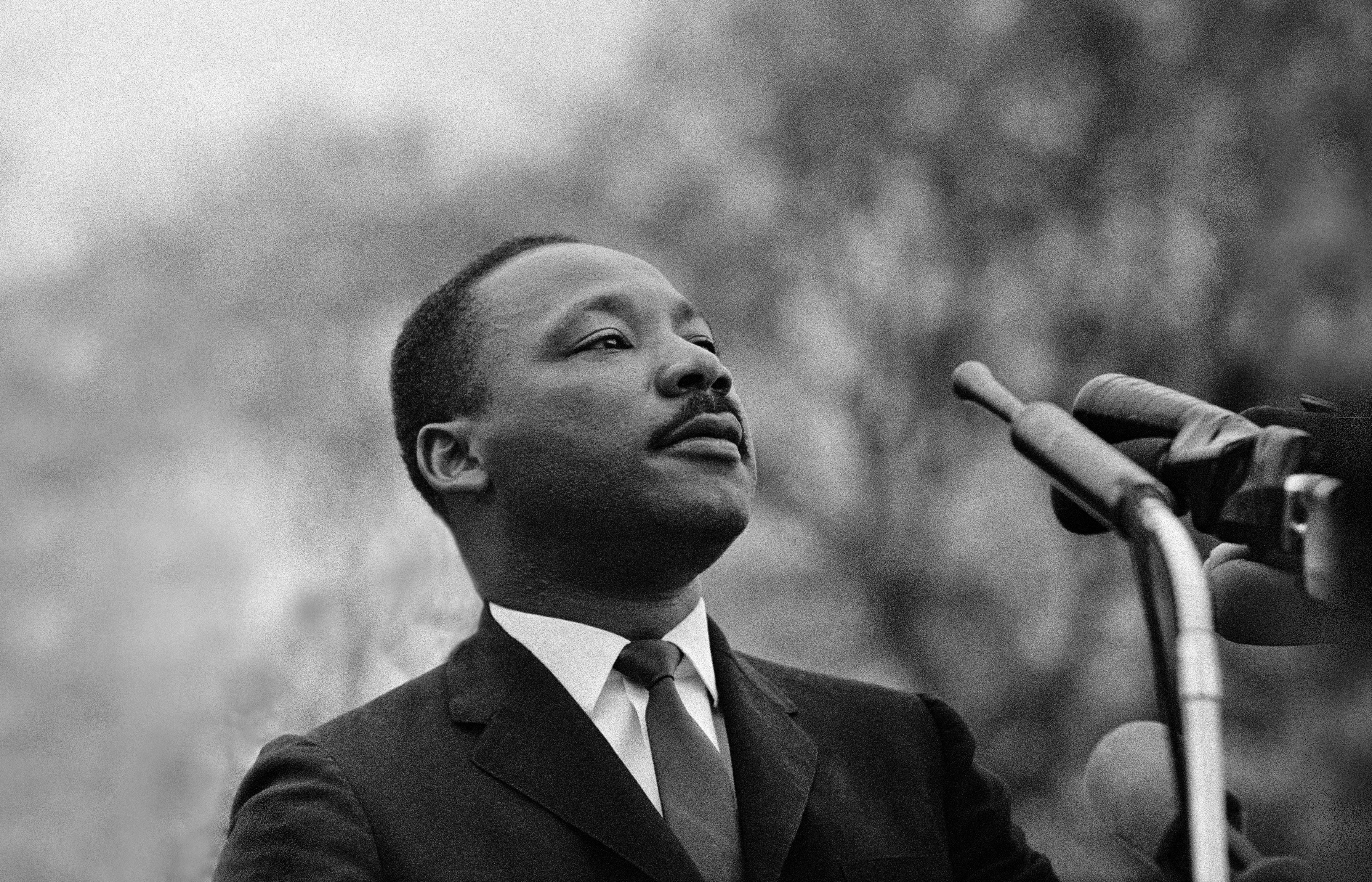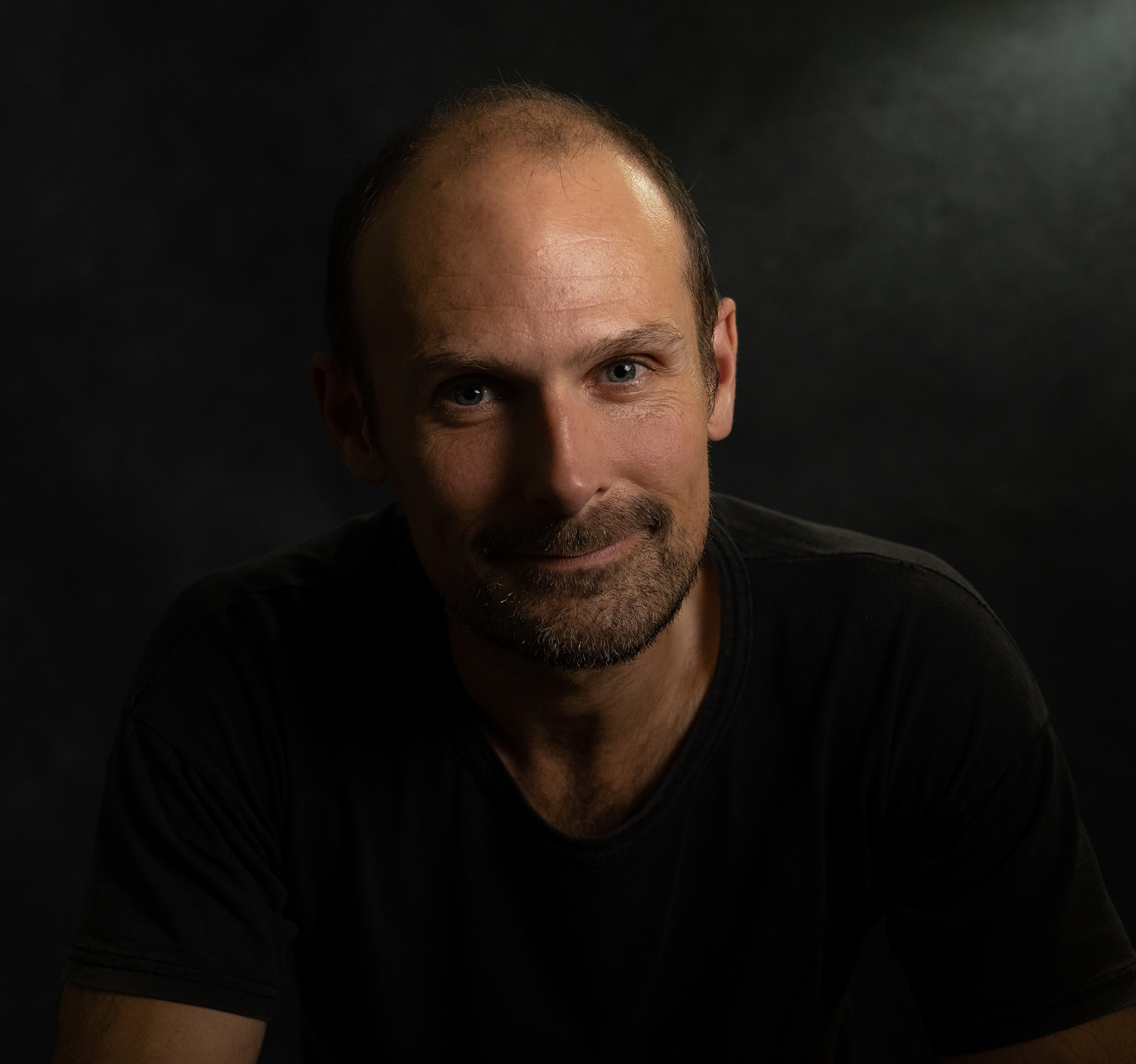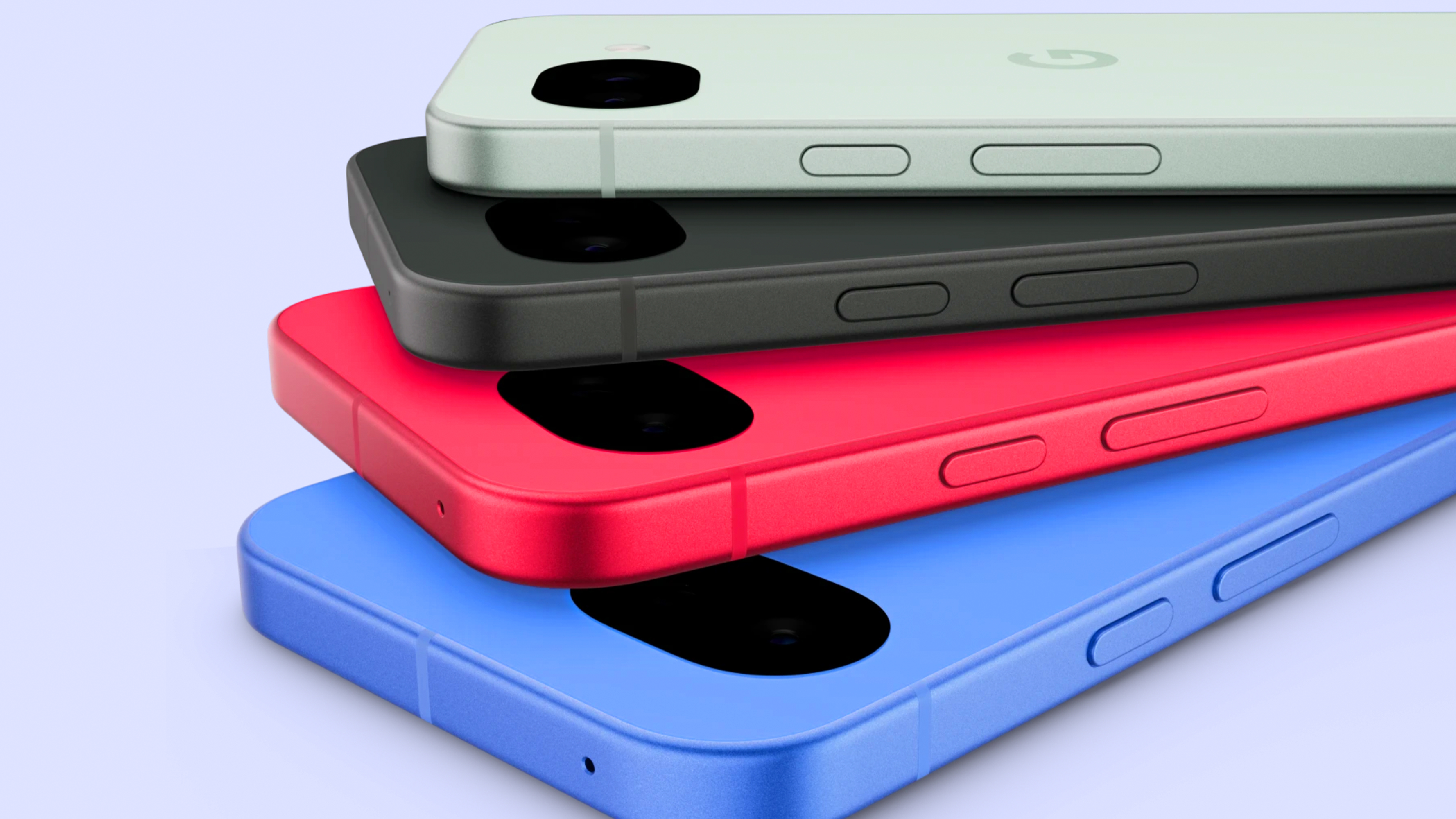
Sign up to Creative Bloq's daily newsletter, which brings you the latest news and inspiration from the worlds of art, design and technology.
You are now subscribed
Your newsletter sign-up was successful
Want to add more newsletters?
OpenAI has big ambitions for Sora 2. It's not only a more coherent and versatile AI video generator; it's also powering the ChatGPT developer's bid to become a social media company. The Sora iPhone app, which allows users to generate deepfakes of themselves and their friends, has been touted by some as a TikTok and Instagram killer, establishing a new type of social media where nothing is real.
But OpenAI's intention to take on Meta and Google in the social space has been messy and chaotic, and the latest debacle suggests that it might not know what it's doing. First, it backtracked on plans to allow an automatic free-for-all on copyrighted IPs and began requiring users to opt in rather than opt out. Now, deepfakes of Martin Luther King are causing the kind of controversy that causes brands to run a mile.
First thing I see when I open the Sora explore page? Tons of MLK Jr and JFK deepfakes 🤔 pic.twitter.com/34K5E2WjU9October 2, 2025
Although OpenAI claimed Sora 2 was "launching responsibly", it only intervened to stop the Sora app from generating videos of Martin Luther King Jr after receiving a request from the civil rights activist's estate.
On Instagram, Bernice A. King, the daughter of Dr King, reposted the news that Zelda Williams, the daughter of Robin Williams, has asked people to stop sending her AI-generated videos of her father, who died in 2014. "I concur concerning my father. Please stop," she wrote.
Despite recognising that Sora had generated "disrespectful" content, which included edited versions of Dr King's famous "I have a dream speech", OpenAI continues to allow video generation featuring other historic figures and celebrities as varied as John F. Kennedy. Queen Elizabeth II and Professor Stephen Hawking. It says it is working to "strengthen guardrails for historic figures".
OpenAI says it initially has no plans to introduce advertising to monetise its Sora app but will charge for generations. Its hope was that brands would follow users to the app and start generating AI video content using their own IPs, and those of others. But the chance of a mass take up by brands is doubtful while the app faces this kind of controversy, and what's most incredible is that the OpenAI didn't expect that.
CEO Sam Altman expressed surprise at learning that people "don’t want their cameo to say offensive things or things that they find deeply problematic.” If that really wasn't already obvious to him, he only had to look at the mass exodus of advertisers during Elon Musk's chaotic takeover of Twitter to see that many brands care a lot about where their assets appear and don't want them to be seen in proximity to hate speech.
Sign up to Creative Bloq's daily newsletter, which brings you the latest news and inspiration from the worlds of art, design and technology.

Joe is a regular freelance journalist and editor at Creative Bloq. He writes news, features and buying guides and keeps track of the best equipment and software for creatives, from video editing programs to monitors and accessories. A veteran news writer and photographer, he now works as a project manager at the London and Buenos Aires-based design, production and branding agency Hermana Creatives. There he manages a team of designers, photographers and video editors who specialise in producing visual content and design assets for the hospitality sector. He also dances Argentine tango.
You must confirm your public display name before commenting
Please logout and then login again, you will then be prompted to enter your display name.
